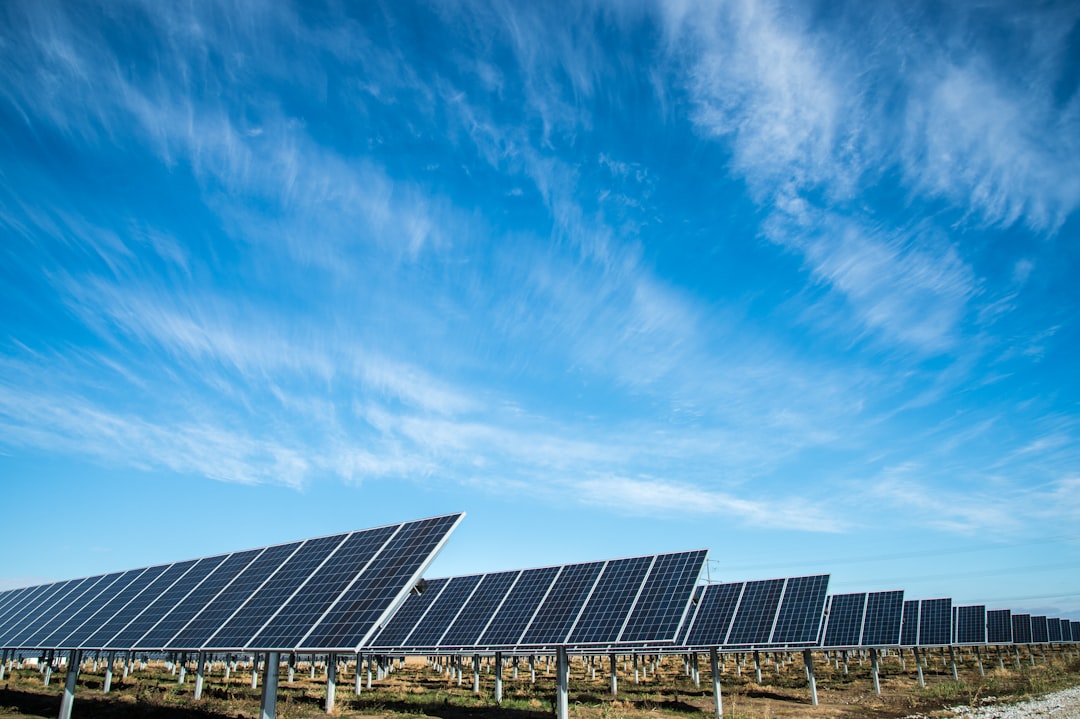🔅 Facebook Pressured to Improve Africa Content Moderation
Plus: Gold rush in Zimbabwe, French troops kicked out of Burkina Faso, Keeping Rwanda’s tradition music alive, And much more… ☕
Photo of the day: Cape Town, South Africa

If you’re a regular here, hit that share button. Tell your friends or colleagues about Baobab, and how it’ll get them smarter on African business, money and current affairs in less than 5 minutes a day, for free!
Markets:
🔺 Nigerian SE: 52,612.55 (+0.09%)
🔻 Johannesburg SE: 80,037.01 (-0.11%)
🔻 Ghana SE: 2,431.84 (-0.11%)
🔺 Nairobi SE: 125.31 (+0.29%)
🔻 US S&P 500: 4,007.62 (-0.30%)
🔺 Shanghai Composite: 3,264.81 (+0.76%)
African Central Banks: After a year of raising interest rates, African central banks are due to slow the pace of their hikes. Nigeria, South Africa, and Kenya are expected to take a gentler approach to raising borrowing costs. At the same time, Mozambique is likely to keep its rates steady, and Angola may even go so far as to cut them. African economies can take a breather with signs coming in that inflation is peaking.
India: Could India be the next big thing? Again? With the global economy searching for a new growth engine, the South Asian nation is looking to finally deliver on its long-promised potential. Prime Minister Narendra Modi is going all-in with his budget, dedicating 20% to capital investments (money used to purchase or upgrade physical assets such as property, equipment, or machines). India’s population is larger than China’s and has a young and growing workforce. If education and infrastructure investment can keep up, this could all mean good things for businesses and investors. Modi’s ambition is to make India a developed nation in the next 25 years.
*Data accurate as of the close of markets across the continent
SOCIAL MEDIA
Facebook Pressured to Improve Africa Content Moderation

Meta is facing heat from rights groups and activists in Africa regarding its content moderation practices.
Its former third-party contractor in the region, Kenya-based Sama, just announced that it would be ending its contract with Meta in March, leading some to question Meta’s commitment to stopping harmful content in Africa.
So, what’s the issue?
It’s been alleged that Meta and Sama are preventing their workers from unionising in Kenya and that Meta allowed violent posts to flourish on Facebook concerning the civil conflict in Ethiopia.
Both companies deny the accusations and are being sued over them.
What do the activists want?
Activists and campaigners want Meta to improve its content moderation in Africa, increasing the number of moderators to cover local languages, and providing better labour conditions for them.
Indeed, rights groups say a failure to appreciate specific cultural and societal contexts, and a lack of knowledge of local languages and dialects, allows problematic content to spread quickly and be amplified.
They also want Meta to create restitution funds for the victims of violence.
What’s Meta’s global record?
Globally, Meta has faced previous scrutiny over content moderators’ working conditions, and criticism of its action to stop hate speech and violent content.
In July 2021, a California judge approved an $85 million settlement between Facebook and more than 10,000 moderators who accused the firm of failing to protect them from psychological injuries due to their exposure to graphic and violent imagery.

OTHER HEADLINES
Across the Continent

🇿🇲 Zambia and the UAE Take a Shine to Solar | The two nations have signed a $2 billion deal to bring solar power to the African country. This joint venture between Zambia’s state-owned power utility, Zesco, and a UAE government-owned renewable energy company, Masdar, plans to generate 2,000 megawatts of solar power. That’s enough to increase its generation by more than half.
🇿🇼 Gold Rush in Zimbabwe | Zimbabwe’s gold coins are all the rage right now. The coins, named “Mosi-oa-Tunya” after the country’s iconic Victoria Falls, recently broke the $2,000 mark for a one-ounce coin. That’s higher than the spot gold price in London at the time. The gold coins were introduced as a part-measure to combat inflation, which reached a staggering 200 million per cent in 2008. This was due to a combination of factors, including economic mismanagement and hyperinflation caused by the country’s high level of debt and money printing.

🇧🇫 Burkina Faso Kicks French Troops Out | The French are out of Burkina Faso. The West African nation’s junta government ordered 400 French troops to pack their bags and get out within a month. It follows in the footsteps of its neighbour Mali, whose own coup-led government gave the French the boot back in February. This anti-French sentiment has been growing for a while, with protesters taking to the streets to demand the closure of a French military base in the capital. So, French troops have been asked to leave and the people of Burkina Faso are cheering. As one activist put it, “Despite their presence on Burkinabe soil with huge equipment and their power at the intelligence level, they couldn’t help us defeat terrorism.”
🇷🇼 Michael Makembe: Keeping Rwanda’s Musical Traditions Alive | Michael Makembe was raised listening to Michael Jackson and Bob Marley, not Rwandan folk music. But as he got older, he realized he wanted to connect with his roots, so he set out on a journey to collect traditional Rwandan sounds—voices, poems, songs, and instruments. He’s now amassed nearly 1,000 sounds and is working on a project to open an audio museum and an online library for global audiences. He’s also encouraging the burgeoning music scene in Rwanda, with young artists like himself creating new genres of music with elements of African culture. “We are among the people bringing it to life, inspiring our young people,” he says. “We bring them solutions in their own language.” Michael Makembe is bringing Rwandan traditions to a new generation, and it’s music to our ears.





FOOD FOR THOUGHT
Proverb of the Day
“He who thinks he is leading and has no one following him is only taking a walk.”
— Malawian Proverb.
Like Baobab?
Don’t keep it to yourself. Share it with friends and colleagues using the easy one-click button below:
Otherwise, let us know how we’re doing by replying to this email.


